…truth behind the headlines, conspiracies, cover-ups, trials and triumphs
FACTFILE with Lanre Alfred
Yes, NNPCL chief’s greatest danger lies within his own camp. The most dangerous wars in Nigeria are not waged in Sambisa’s forests or the creeks of the Niger Delta. They are choreographed under the chandeliers of Maitama lounges, uttered over champagne glasses in Asokoro drawing rooms, and sealed in the sterile air of Abuja boardrooms. The enemies are seldom outsiders; they are insiders, those who call you sir in daylight and sharpen daggers for your back by night.
This reality shadows Engr. Bayo Ojulari, Managing Director of the Nigerian National Petroleum Company Limited (NNPCL). He believes, or so his confidants murmur, that the storm which once threatened to consume him has passed. He imagines that silence in the rumour mills is proof that his traducers have retreated. But he is wrong. The storm has not dispersed; it has merely gone underground, waiting to erupt with greater devastation.
If Ojulari thinks his survival through one round of intrigue is final victory, then he is already deceiving himself. Abuja does not forget; it merely bides its time. Those who once sought his head have neither grown weary nor repentant. Instead, they have regrouped, reorganised, and refined their arsenal.
Indeed, Abuja’s storms never end; they only go quiet before striking harder.
This time, their conspiracy is not noisy but surgical. Documents are being dusted, dossiers thick with allegations, some exaggerated, others fabricated, are being prepared for release. Whispers speak of memos that will leak to the press, rumours polished until they glitter like fact, and dossiers designed to pierce through even the most formidable shield of reputation.
What makes this more perilous is not the cabal outside but the betrayal inside. Sources point to a certain high-ranking member of Ojulari’s own management team, a man who shares meetings with him, who greets him with practised deference, and yet is allegedly the lead conspirator. This insider, feeding external traducers with sensitive documents and confidential whispers, has become the mole, the Judas at the Last Supper of corporate power.
Here lies the cruel irony of power: the most dangerous enemy is never the one at the gate but the one at your table. Outside foes may attack, but it is insiders who devastate. Abuja’s history is thick with such tragedies.
Consider the parastatal head who, believing his enemies vanquished, threw a victory party at the Hilton. Months later, it was revealed that the man who raised his glass in loyal toast that night was the same who authored the petition that ended his career. Such is the treachery of Abuja, where betrayal is not vice but currency, not weakness but a survival strategy.
For Ojulari, this truth is not abstract, it is immediate. He is surrounded not merely by colleagues but by frenemies; men and women who smile in his presence but feed his enemies beyond the walls. His danger is not that enemies lurk in the shadows; it is that they sit beside him, pen in hand, ready to sign his dismissal with the ink of betrayal.
It is in the cocktail circuits of Maitama and Wuse II lounges that Ojulari’s fate is being sealed. Over clinking glasses and perfumed laughter, the conspirators spread their gospel recently: “Ojulari does not know what is coming.” A prominent senator reportedly stated, drawing chuckles of conspiratorial delight from his audience and fellow masterminds. This was reportedly uttered as a joke during a soiree at an exclusive hotel in Abuja, but jokes are never just jokes; they are coded memos, veiled threats, and rehearsals for the headlines of tomorrow, argued pundits.
Abuja thrives on perception. There, rumour is not idle talk; it is a weapon. A story murmured in a Maitama lounge by evening can blaze across Lagos newspapers by dawn. By the time Ojulari hears the narrative, it may already be embalmed as fact in the public imagination.
There is no gainsaying that the recent onslaught against Ojulari is a confirmation that the cabal is fighting back. And the reason is not far-fetched. Nigeria’s oil and gas industry is no playground for the faint-hearted. It is a battlefield where entrenched interests, those who have lined their pockets from opaque contracts and shadowy dealings for decades, fight like wounded beasts when threatened.
Ojulari, by merely being himself, has become a roadblock. His tenure has unsettled delicate arrangements of influence, the subtle networks of favours and rents that have nourished certain pockets for generations. For these interests, his removal is not a matter of spite but of survival. And survival, in their playbook, permits every weapon.
But their game has taken on a darker twist: speculation mounts that if Ojulari has soiled his hands, even slightly, then his fate is already sealed. In Abuja, a single nail is enough to build a coffin. One overlooked misstep, one questionable contract, one misplaced signature, and his enemies will weaponise it into a narrative too damning to ignore.
The story of Abuja is the story of fragile power. Today, you are celebrated on front pages, garlanded with glowing press releases and sycophantic praise. Tomorrow, you are the subject of leaked dossiers, your name dragged through WhatsApp groups, and your allies deserting you one by one. Ask Ojulari.
Recall the tale of a former minister once hailed as “the star boy” of his administration. One morning, he was the darling of the president; by evening, he was abandoned to the wolves, betrayed by those he thought loyal. Abuja does not deal in permanent friends, it deals only in permanent interests.
This is the peril that looms over Ojulari. To imagine that his enemies have surrendered is to forget the unwritten constitution of Nigerian politics: that storms do not die, they only wait.
If Ojulari must survive the next wave of attacks, three imperatives lie before him, according to pundits.
First, he must tighten his house. Loyalty audits are not paranoia; they are survival. He must know his team afresh, sift allies from opportunists, and expose the moles feeding his traducers. No empire falls because of enemies at the gate; it falls because the emperor trusted the wrong man at the wrong time.
Second, he must embrace transparency as his armour. Every rumour must be countered swiftly with facts. Delay is fatal. Abuja’s gossip economy thrives on silence, and silence is easily weaponised. He must not allow perception to ossify into “truth.” In this city, narratives are currency; he must mint his before his enemies mint theirs.
Third, he must anchor his relevance to President Bola Ahmed Tinubu’s economic vision. In Abuja, innocence is not enough, relevance is everything. If the President sees him as indispensable to oil and gas reforms, then the cabal’s darts may bruise but they will not bury. But if his relevance fades, no shield of innocence will save him.
The lesson for Ojulari is not new; it is subsists in the fate of every fallen technocrat. History remembers the parastatal head betrayed by his deputy, the minister destroyed by his press secretary, the governor undone by his own chief of staff.
These stories repeat themselves because power blinds its custodians to a simple truth: the enemy within is always more dangerous than the enemy outside. Outside foes can only threaten; inside foes devastate.
For Ojulari, the lesson is urgent: the storm is not over. It has only gone quiet, and quiet storms are the deadliest.
The corridors of Abuja are not corridors of trust but of survival. In these marble halls, loyalty is fragile, friendship is negotiable, and betrayal is often the price of dinner.
If Bayo Ojulari imagines that his traducers have abandoned the hunt, he courts disaster. The cabal has not gone to sleep; it has only sharpened its knives. His enemies are no longer outside the gate; they are inside his team, planning, plotting, and preparing dossiers that could unseat him.



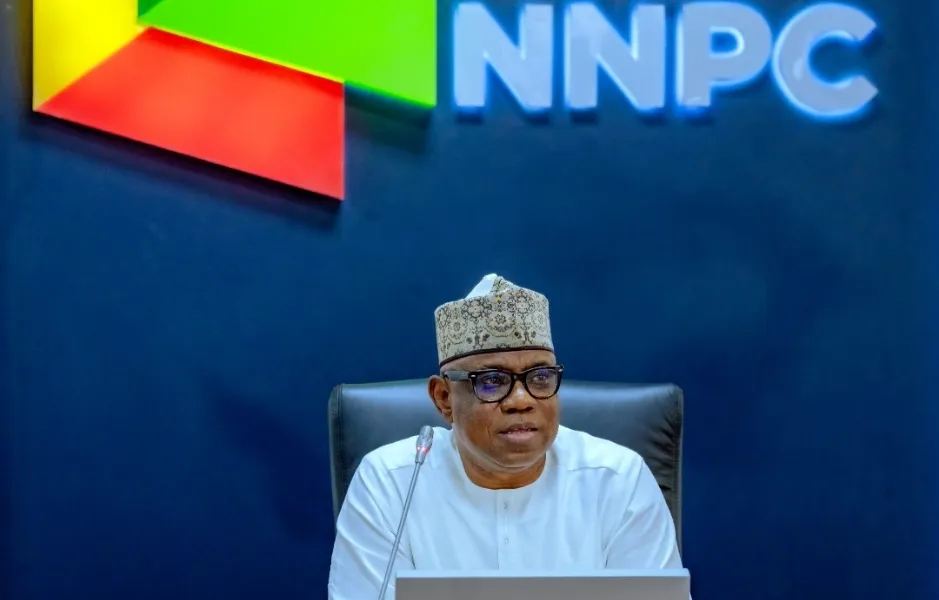

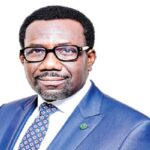

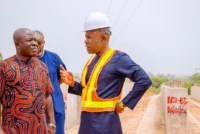
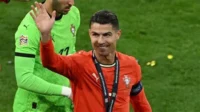
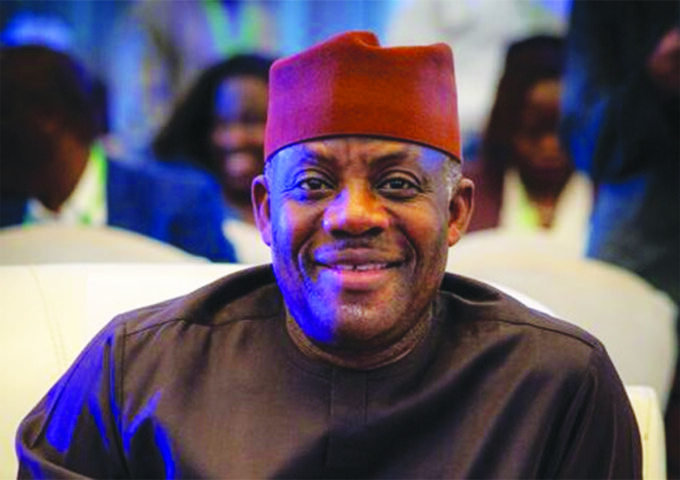
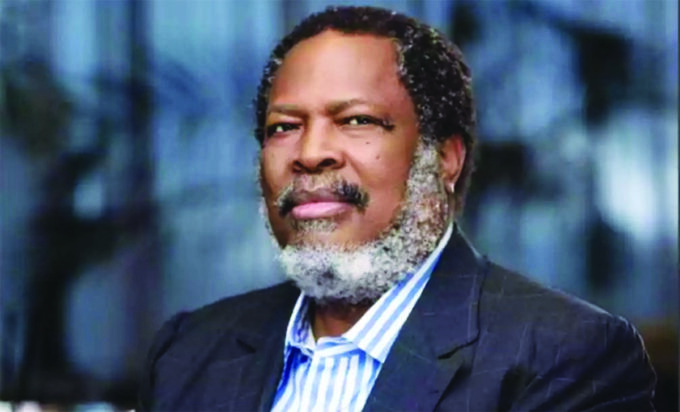
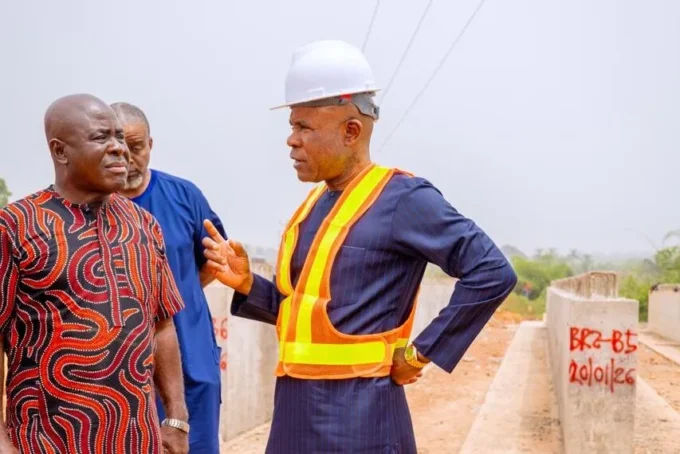
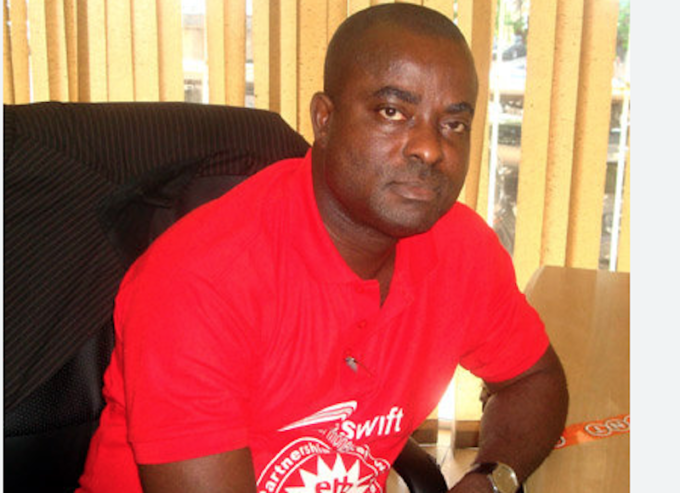




Leave a comment